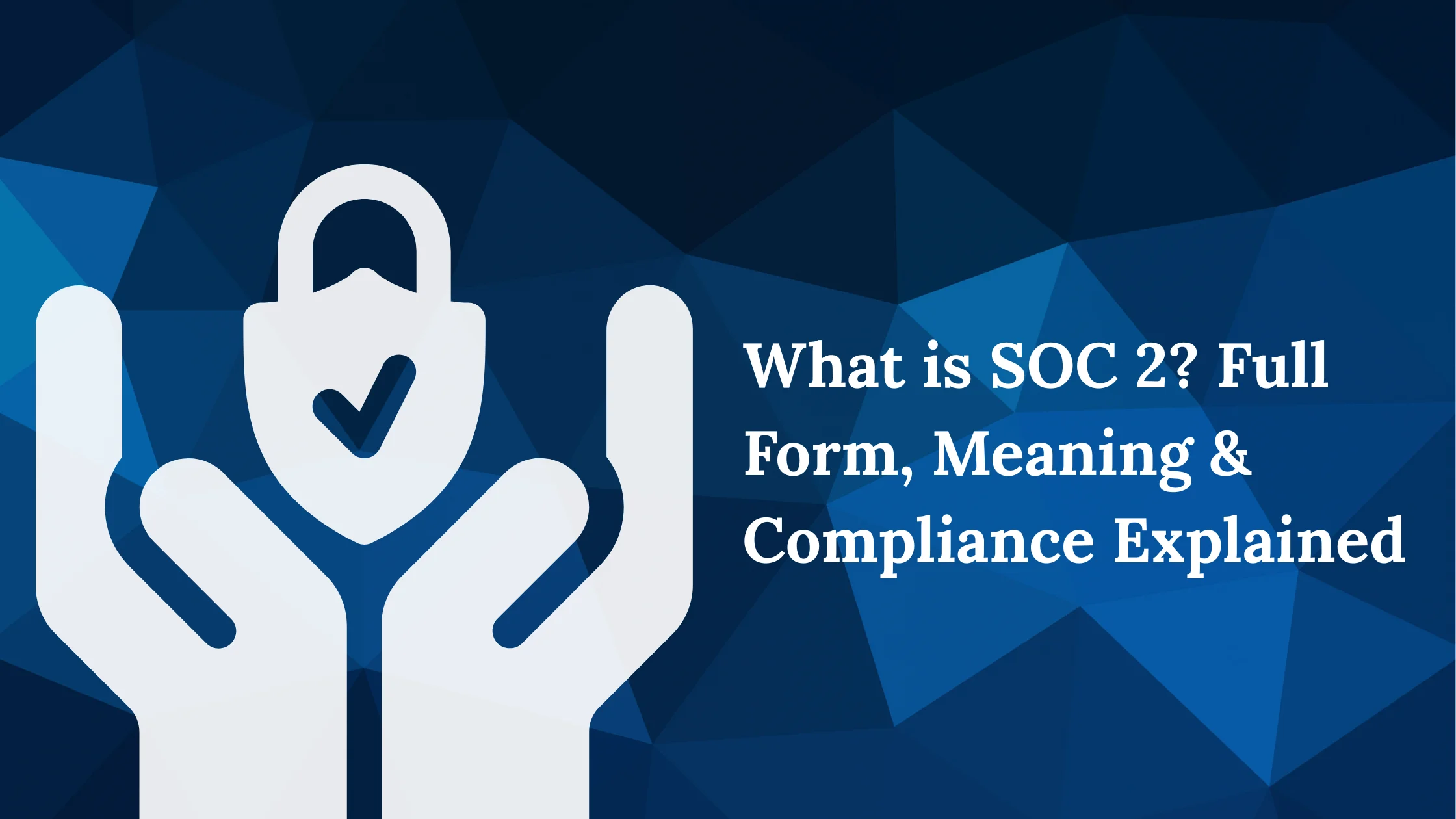
How Penetration Testing Helps Protect Against Cyber Attacks
In an era where cyber threats are constantly evolving, organizations must adopt proactive defense strategies to safeguard their sensitive data. One of the most effective methods for identifying vulnerabilities before they can be exploited is penetration testing.
Understanding Penetration Testing
What is Penetration Testing?
Penetration testing, often referred to as "pen testing," is a simulated cyber attack conducted on a system, network, or application to identify security weaknesses. The goal is to exploit vulnerabilities in a controlled environment to assess the security posture of the organization.
Types of Penetration Testing
1. External Testing: Focuses on identifying vulnerabilities that can be exploited from outside the organization’s network.
2. Internal Testing: Simulates an insider threat by assessing vulnerabilities from within the organization.
3. Web Application Testing: Targets web applications to uncover security flaws that could lead to data breaches.
4. Mobile Application Testing: Evaluates mobile apps for vulnerabilities that could be exploited by attackers.
Importance of Penetration Testing
1. Identifying Vulnerabilities
Regular penetration testing helps organizations discover and remediate vulnerabilities before they can be exploited by malicious actors.
2. Enhancing Security Awareness
By simulating real-world attacks, penetration testing raises awareness among employees about potential threats and the importance of cybersecurity practices.
3. Regulatory Compliance
Many industries are subject to regulations that require regular security assessments, including penetration testing, to ensure compliance with data protection laws.
4. Building Trust with Stakeholders
Demonstrating a commitment to proactive security measures enhances trust among clients, partners, and stakeholders, reinforcing the organization’s reputation.
The Penetration Testing Process
1. Planning and Scoping
The first step involves defining the scope of the test, including which systems will be tested and what types of attacks will be simulated.
2. Reconnaissance
Testers gather information about the target environment using various techniques such as network scanning and social engineering.
3. Exploitation
This phase involves attempting to exploit identified vulnerabilities to determine how deep an attacker could penetrate the system.
4. Post-Exploitation
After gaining access, testers assess the extent of their access and determine what sensitive data could be compromised.
5. Reporting
A comprehensive report is generated detailing findings, including identified vulnerabilities, potential impacts, and recommendations for remediation.
Best Practices for Effective Penetration Testing
1. Regular Testing Schedule
Organizations should conduct penetration tests regularly—at least annually or after significant changes to the IT environment—to stay ahead of emerging threats.
2. Engage Experienced Professionals
Hiring certified penetration testing professionals ensures that tests are conducted thoroughly and effectively, leveraging their expertise in identifying vulnerabilities.
3. Collaborate with Internal Teams
Involving internal IT teams during the testing process fosters better communication and understanding of security practices across the organization.
4. Follow Up on Findings
After receiving the penetration test report, organizations must prioritize remediation efforts based on risk levels and ensure that vulnerabilities are addressed promptly.
How KavachOne Can Help You
KavachOne offers specialized penetration testing services designed to enhance your organization's cybersecurity posture:
- Expert Consultation: Our team of certified professionals provides expert guidance tailored to your specific industry requirements.
- Comprehensive Assessments: We conduct thorough penetration tests that identify vulnerabilities across your systems, networks, and applications.
- Detailed Reporting: Our detailed reports outline findings and provide actionable recommendations for remediation.
- Ongoing Support: KavachOne offers continuous support in implementing recommended changes and improving your overall security strategy.
More For You

...

SOC 2 Compliance for Service Providers: Ensuring Data Privacy and Security
SOC 2 compliance is a security standard for service providers handling customer ...

Factory Cybersecurity: Protecting Industrial Control Systems in Manufacturing Operations
...
